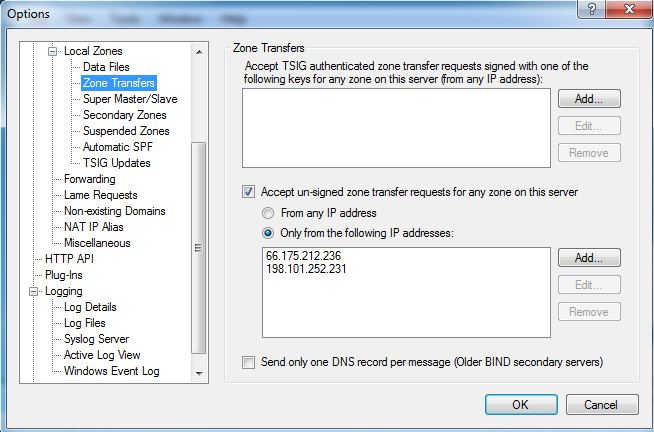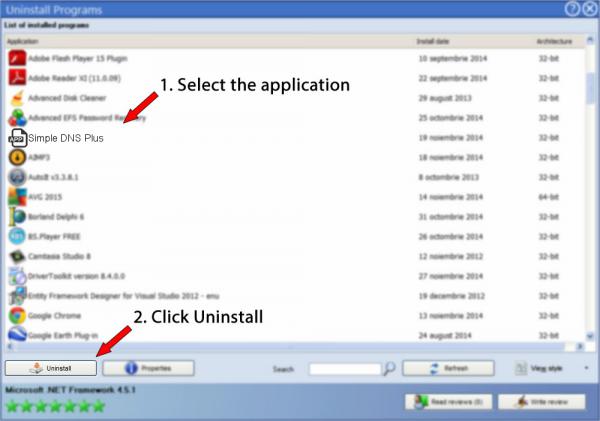

Therefore, the DHCPv6 component on the CPE allows automatic importing of configuration parameters from the DHCPv6 client to the DHCPv6 server pool.ĭHCPv6 supports the options for IPv6 on the server described in the following sections. Because this information can be dynamically changed, it cannot be hard-configured in the CPE’s configuration. In some cases, the information to be provided to the home network is the same as that obtained from the ISP-side DHCPv6 server. For example, neighbor discovery followed by a stateless or stateful DHCPv6 client can occur on the link between the CPE and the home devices. In addition to being a DHCPv6 client (for example, toward the ISP), the CPE can act as a DHCPv6 server to the home network. Such information can be specific to ISPs. In either case, the ISP-side DHCPv6 server might provide configuration parameters such as Domain Name System (DNS) server addresses, domain names, and Simple Network Time Protocol (SNTP) servers to the DHCP client on the CPE. The customer premises edge (CPE) interface toward the provider edge (PE) can be a stateless or stateful DHCPv6 client. The figure below shows a typical broadband deployment.
#Simple dns plus turn off dhcp software#
Use Cisco Feature Navigator to find information about platform support and Cisco software image support. To find information about the features documented in this module, and to see a list of the releases in which each feature is supported, see the feature information table. For the latest caveats and feature information, see Bug Search Tool and the release notes for your platform and software release. Your software release may not support all the features documented in this module.

Additional References for DHCP Overview.Configuration Examples for DHCPv6 Server Stateless Autoconfiguration.
#Simple dns plus turn off dhcp how to#


 0 kommentar(er)
0 kommentar(er)
